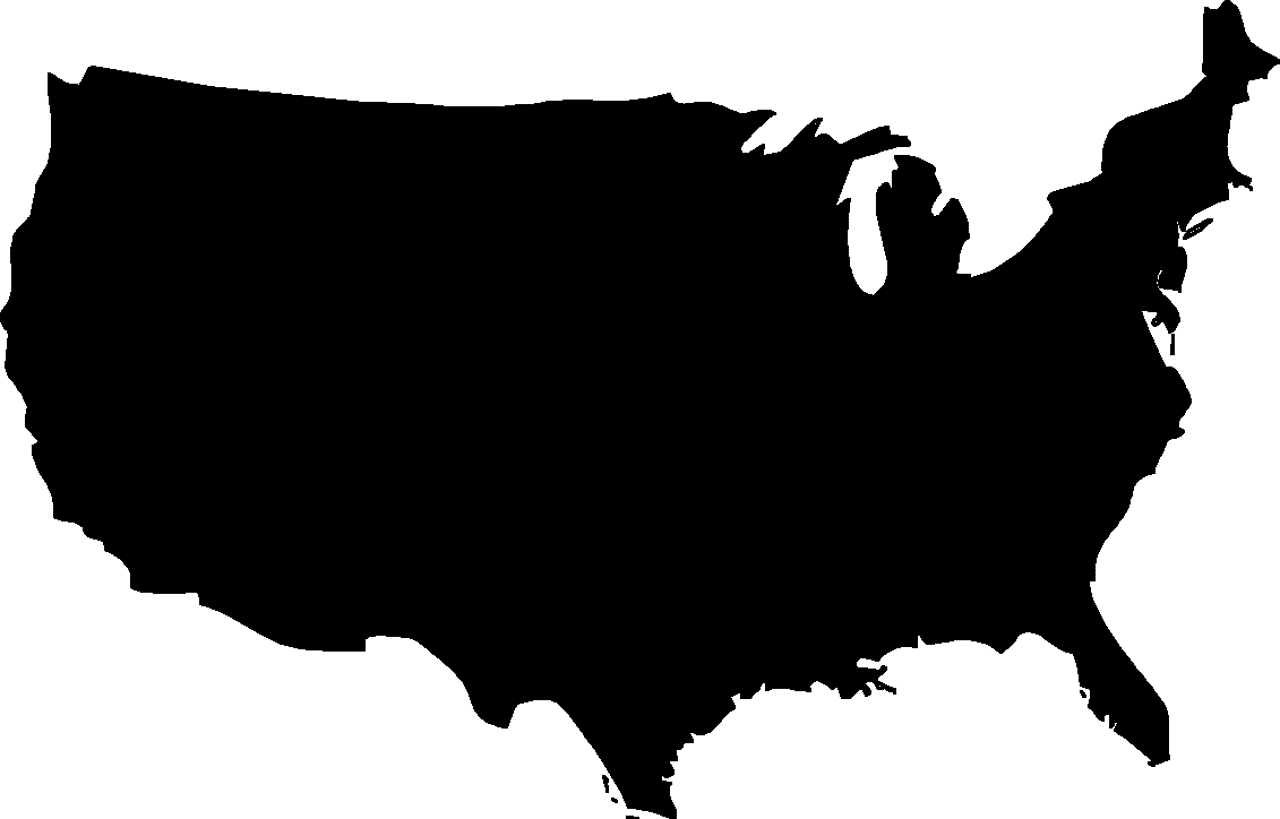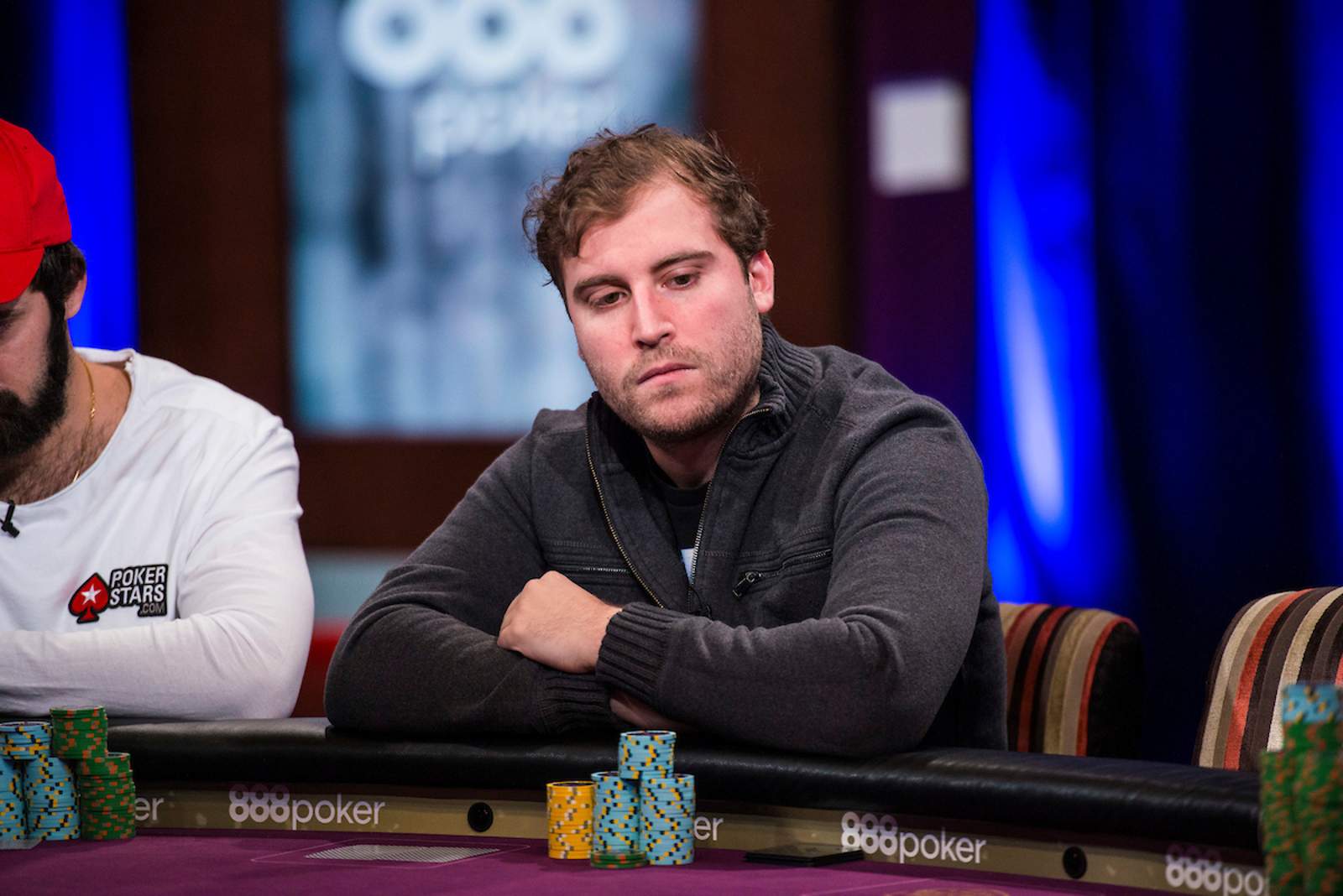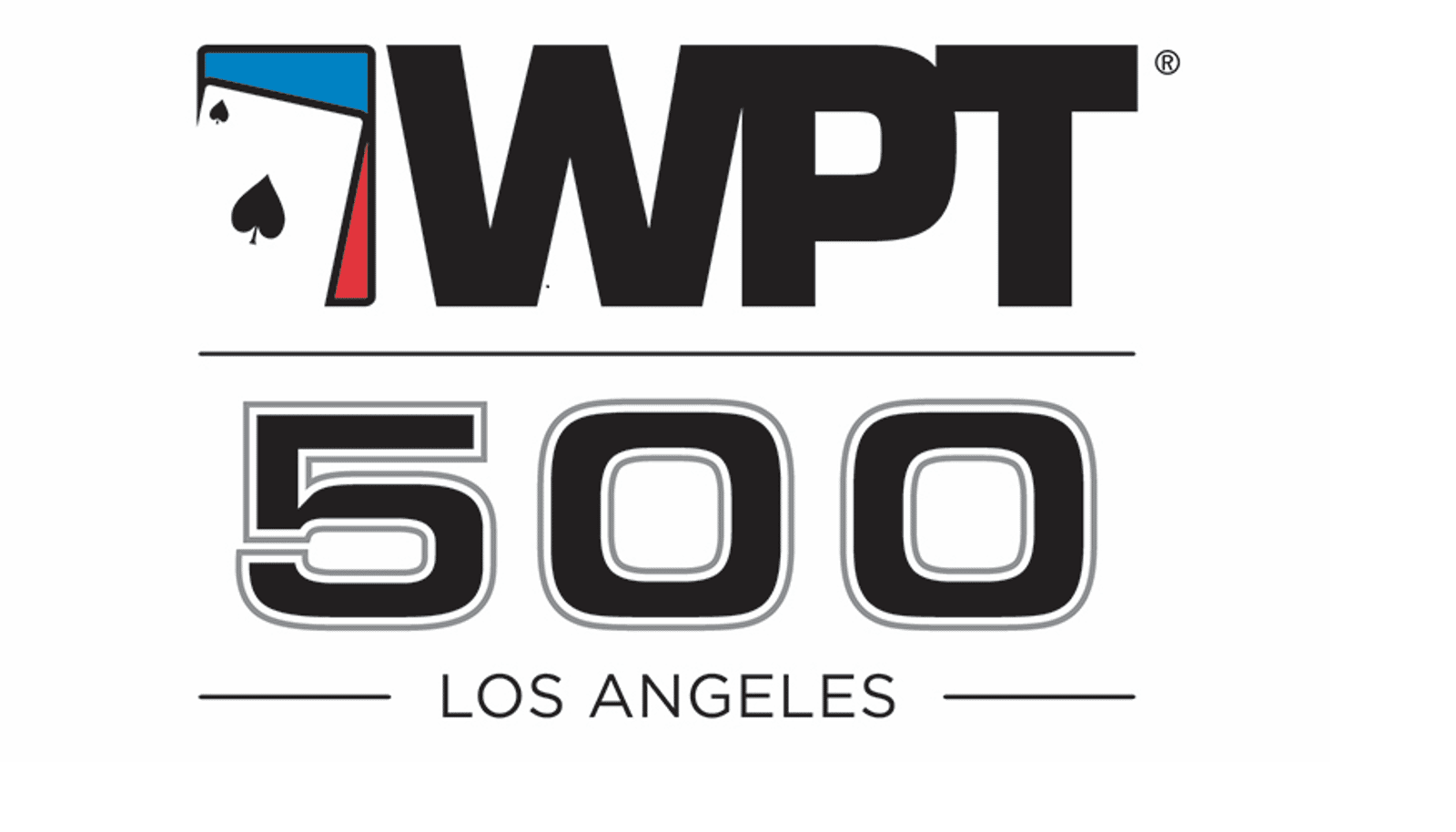Related Articles
Super High Roller Bowl: The Final Three
2021 WSOP Main Event Episodes Now Available on PokerGO
Six years passed since everyone in the poker world got “the sky is falling” call or text from someone about the Feds shutting down major poker sites. The events and fallout of Black Friday crippled the poker economy, ruined thousands of lives and changed the course of poker on a world-wide scale.
Black Friday – April 15, 2011
The worst day in poker history – poker’s own 9/11 in the sense that everyone remembers where they were and who they were with when they received news of Department of Justice shutting poker’s three largest online sites.
In the time that followed, heavy fines were levied, some site owners faced charges in Federal court but jail time was virtually non-existent for the majority. PokerStars refunded player balances quickly, but the Full Tilt refunds revealed the company was insolvent and at best was an extremely poorly run company and at worst a company of thieves scamming the players they served.
The Bailout
PokerStars agreed to a $731 million settlement with the DOJ to satisfy Full Tilt’s player balances and fines. It was a long and messy process with nearly $550 million tabbed for player accounts that saw PokerStars take ownership of Full Tilt in 2012.
Players waited another two years before the Garden City Group processed all the claims sent out checks to players. Just this week the DOJ opened remission the process for Ultimate Bet and Absolute Poker refunds.
American pro players faced the decision to either change professions or move internationally. The change had huge ramifications from the personal depression of uprooted players to the huge hit the online poker economy.
Online Poker is Back!
Well, kind of – in 2013 New Jersey, Nevada and Delaware regulated online poker with varying success inside the state, with Nevada and Delaware agreeing to share player pools later. PokerStars’ long awaited in arrival landed them in New Jersey in 2016, where the market is most competitive. Nevada’s online poker seems to go from feast to famine depending when players are in town for the World Series of Poker.
The Countless Committees, Subcomittess of Failed State Measures
Other states have tried to pass online poker legislation without success, often failing to reach state Congress floors for voting. Industry experts point to California as the biggest domino to fall for US regulation and could set a new industry model. The “if and when” approach to California regulation remains delicate due to the incredible percentage of traffic the state drew pre-Black Friday – rumored to be close to 30% of world market at its peak.
The Future
One thing is clear, online poker as we knew it will never exist as it did again. Currently, the most progress is being done on the state level with legislation, but with a never-ending list of special interests, empty tax coffers and politicians facing slippery slopes endorsing things deemed gambling-related the future of a unified, effective regulation for the industry is still mostly dim.
Related Articles
Super High Roller Bowl: The Final Three
2021 WSOP Main Event Episodes Now Available on PokerGO
Daniel Negreanu Runs Point For The Magnificent Six








